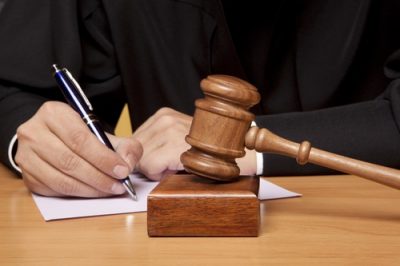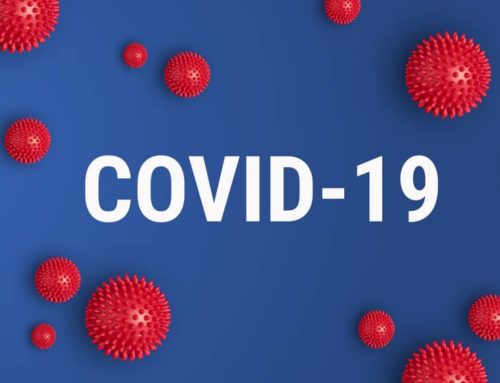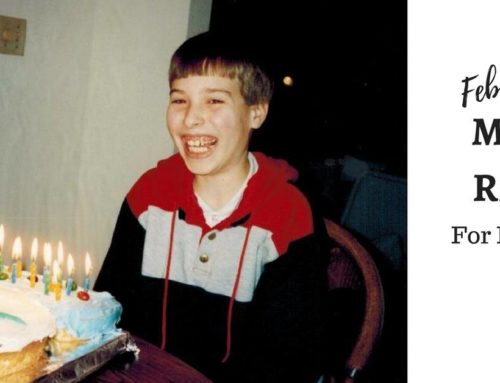 With drug abuse and drug-related crimes on the rise in Florida, the number of individuals arriving at substance abuse treatment centers via the judicial system has exploded. Whether patients enter through the doors of treatment as a result of orders for rehab related to criminal cases or due to emergency orders for drug rehab, they deserve quality care, personalized service, and a well-informed introduction to the process. Nevertheless, there are many misconceptions in the general public about how court-ordered rehab works in the state of Florida and the complicated system often leaves participants confused and uncertain of their next steps.
With drug abuse and drug-related crimes on the rise in Florida, the number of individuals arriving at substance abuse treatment centers via the judicial system has exploded. Whether patients enter through the doors of treatment as a result of orders for rehab related to criminal cases or due to emergency orders for drug rehab, they deserve quality care, personalized service, and a well-informed introduction to the process. Nevertheless, there are many misconceptions in the general public about how court-ordered rehab works in the state of Florida and the complicated system often leaves participants confused and uncertain of their next steps.
Today, let’s clear up some misunderstandings about Florida drug courts, the Marchman Act, and postadjuditory treatment.
Misconception #1 — It is a “Get Out of Jail Free” Card
When faced with jail time, it’s easy to see rehab as the “easy way out” of incarceration. Some are shocked to find that it is actually quite a time commitment. In Florida, judges are allowed to “sentence” you to up to 60 days of inpatient substance abuse treatment in lieu of jail time. While this may seem like a long time, it’s actually not—some of the best drug and alcohol treatment outcomes are actually associated with at least 90 days of treatment.
Others are surprised to learn that they will no longer enjoy some of the freedoms they took for granted before rehab. While inpatient treatment, if offered, will only last 60 days, drug court involvement lasts at least 12 months, with continuous monitoring during that time. After inpatient substance abuse treatment, expect to be required to:
- Attend individual or group counseling sessions
- Attend some type of sober fellowship meetings
- Take frequent drug tests
- Attend regular hearings at drug court
- Complete other activities as directed by the judge
For others, house arrest is a possibility. This is also known as “assisted outpatient treatment” or “involuntary outpatient treatment.” Still others may receive treatment in prison in exchange for a shorter sentence. Clearly, rehab isn’t without considerable requirements.
Misconception #2 — Everyone is Eligible
Florida is very specific about who is and who is not eligible for rehab. In order to participate in a Florida Drug Court program, you must be charged with a nonviolent felony (typically associated with drug abuse) and be identified as someone who has Substance Use Disorder. DUIIs or other drug-related offenses typically fall under this category. If you’ve caused physical harm to an individual during the course of your crime, you most likely will not be eligible for drug court. You must also be willing to plead guilty to your offenses if you want to participate in drug court.
Most Florida Drug Court programs are open only to first-time offenders, although this varies from program to program. For example, the Palm Beach Drug Court program lets patients with multiple prior convictions participate in proceedings.
Misconception #3 — You Can’t Force Someone Into Rehab in Florida
Actually, yes you can “force” someone into rehab in the state of Florida.
There is provision for involuntary treatment in the Marchman Act, which says you can have a judge order someone to attend rehab given very specific circumstances. This is known as an emergency order.
During Marchman Act proceedings, you must prove that:
- The person has lost self-control
- That they are a danger to themselves or others
- That they have lost the capacity for rational decision-making
If the person is found to meet these criteria, then they are held for five days in jail for an involuntary assessment by an addiction treatment professional to see if they need further treatment. If they “fail” their assessment and are found to need treatment, the judge will then send them to a 60 day treatment program, with or without the patient’s consent.
Marchman Act emergency orders are controversial. Some studies have shown that there is no difference in treatment outcomes between voluntary and involuntary patients and that any treatment—under any circumstances— is good treatment. Other studies have shown that involuntary patients have higher rates of overdose following involuntary treatment. Some argue that the Marchman Act violates the human rights of patients by denying them the ability to determine the course of their health care. Others argue that the Marchman Act saves lives and empowers families to do everything they can to protect their loved ones from the disease of addiction.
You have to decide for yourself if the Marchman Act is an appropriate fit for your family.
Misconception #4 — You Can do it Anywhere in Florida
Actually, substance abuse treatment programs need to meet special requirements. The state of Florida is very specific about what they expect from court-ordered rehab programs.
An eligible facility must:
- Screen participants for group interventions (i.e. provide gender-based or trauma-specific care)
- Deliver a minimum of 6 hours of group counseling per week during the initial treatment phase
- Provide 200 hours of counseling over the course of 9 to 12 months
- Provide one-on-one counseling once a week during the initial phase of the program
- Provide appropriate doses of evidence-based medication
- Ideally maintain no more than 12 participants in treatment groups
- Perform Cognitive Behavioral Therapy (CBT) treatments (proven to be effective for SUD in the criminal justice system)
- Retain licenses and certifications necessary to deliver substance abuse treatment services
- Have substantial experience working with individuals in the criminal justice system
- Make provisions for patients to attend self-help peer support groups in addition to group and individual counseling
- Create a relapse prevention plan with the patient
- Follow up with the patient for at least 90 days following the completion of treatment
Finding a Program in Florida Doesn’t Need to Be Difficult
Good news for those looking for eligible programs—Transitions Recovery Program meets or exceeds all of the requirements for court-ordered rehab in Florida. Call us at 1-800-626-1980 today to learn more about how we can help with court-ordered drug treatment.








